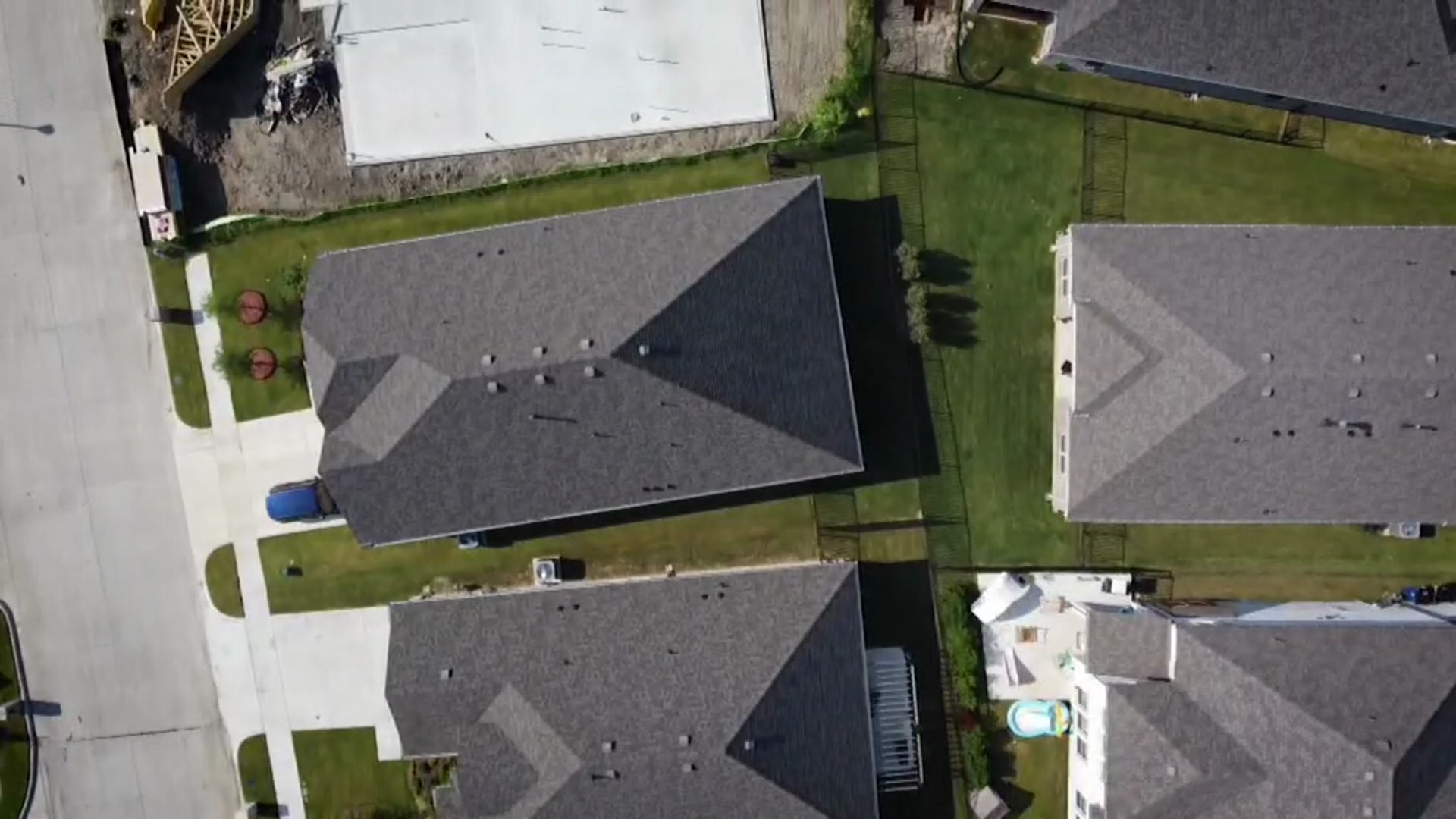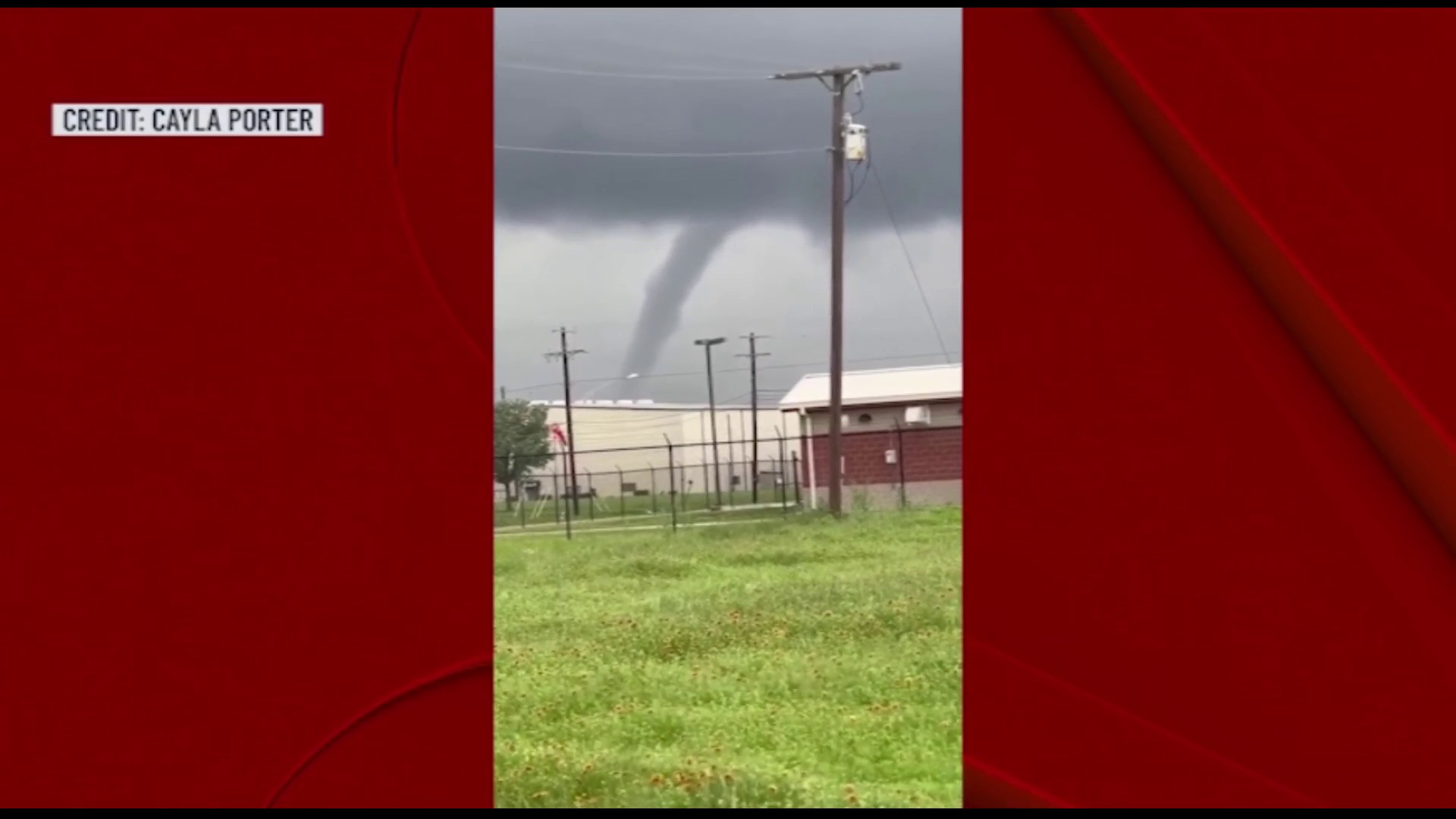Researchers in Fort Worth have their eyes on preschoolers. They're trying to see if the 4 year olds are having vision problems.
"We're trying to catch kids who have vison problems very early on, and that way they'll do better in school," said Dr. Abe Clark, Professor and Executive Director of the North Texas Eye Research Institute at UNT Health Science Center.
Clark and his team are taking refractometers, paid for a by a donor, to 10 predominantly Hispanic elementary schools in the Fort Worth Independent School District.
"We're gonna write a scientific study report after this because very little is known about vision and pre-k kids especially in the Hispanic population. So, we think this will add to the Fort Worth ISD but to the vision community as a whole," said Clark.
The refractometer the NTERI researchers use in the study is a $6,500 camera that quickly and easily detects vision problems. No chart. No letters. Just a nose and a noise to focus a fidgety four year old.
The infrared camera requires low light, so coming into a dark room can be a bit scary for little ones. The NTERI reserachers ask the child to sit and look at the nose of the smiley face at the front of the camera. The camera makes a noise to help the child focus.
"This is purely objective which means we don't require a response from the student," said Clark. "All they have to do is sit and look at the smiley face, and these refractometers will automatically measure how we'll you're seeing."
Local
The latest news from around North Texas.
Clark says the seconds-long screening will reveal whether a child is nearsighted or farsighted, has astigmatism, which is a bend in the cornea that causes vision problems, and pupil diameter.
"If pupils have a huge difference in diameter, we ask them to go to the ER because that could be a serious brain issue," Clark explained.
The refractomer also tests for lazy eyes, which is important, Clark said, "because what will happen is eventually, they'll lose vision in that eye. "
Clark said the simple screening at such a young age can change a life.
"Unfortunately, kids who have poor vision don't realize they have poor vision. They're born that way and don't realize there's leaves on trees, unique features on people's faces, and that you should be able to see them."
The researchers will give the 10 schools the screening results to then forward to parents. The hope is that a partner agency will help kids who need glasses and can't afford them.




